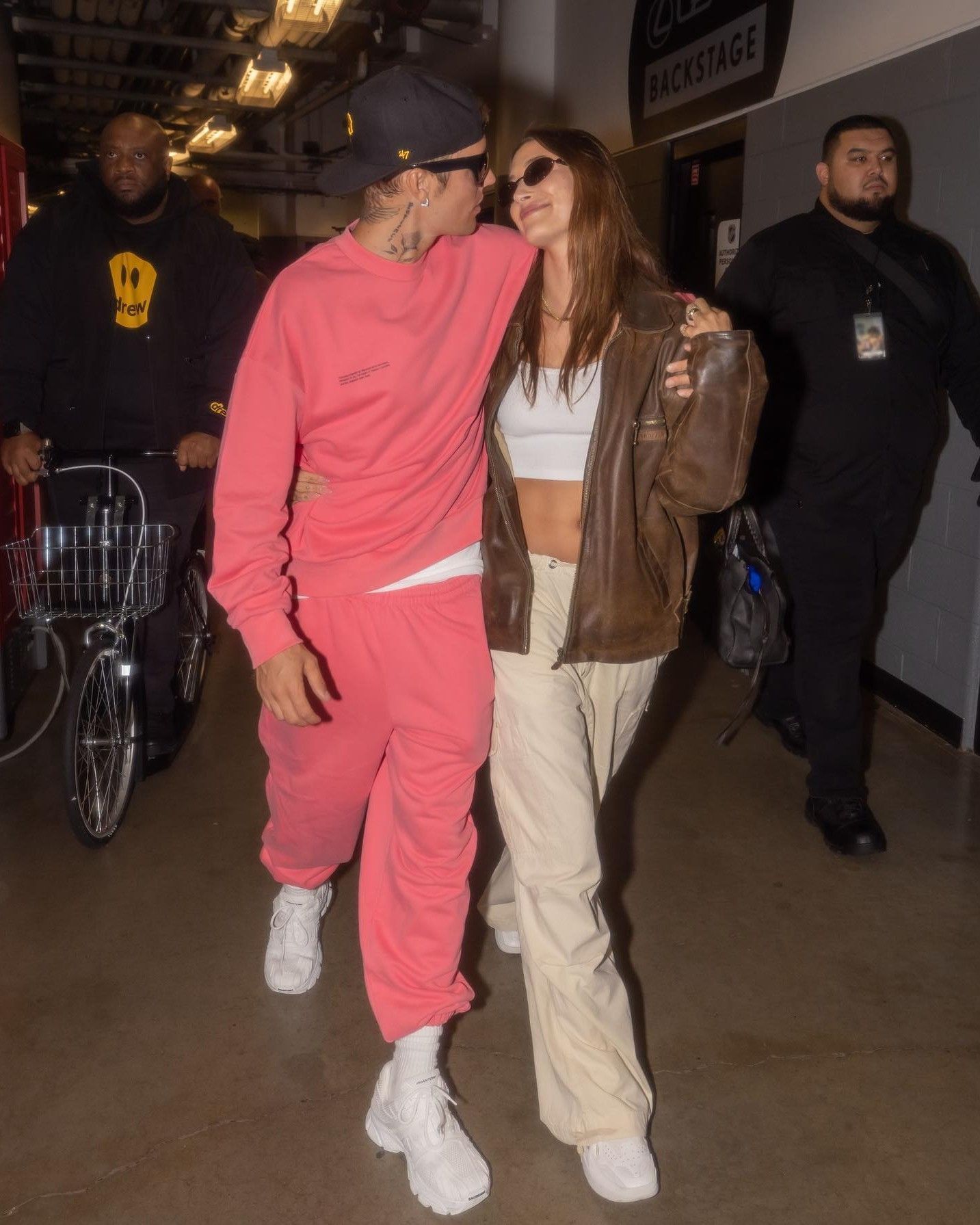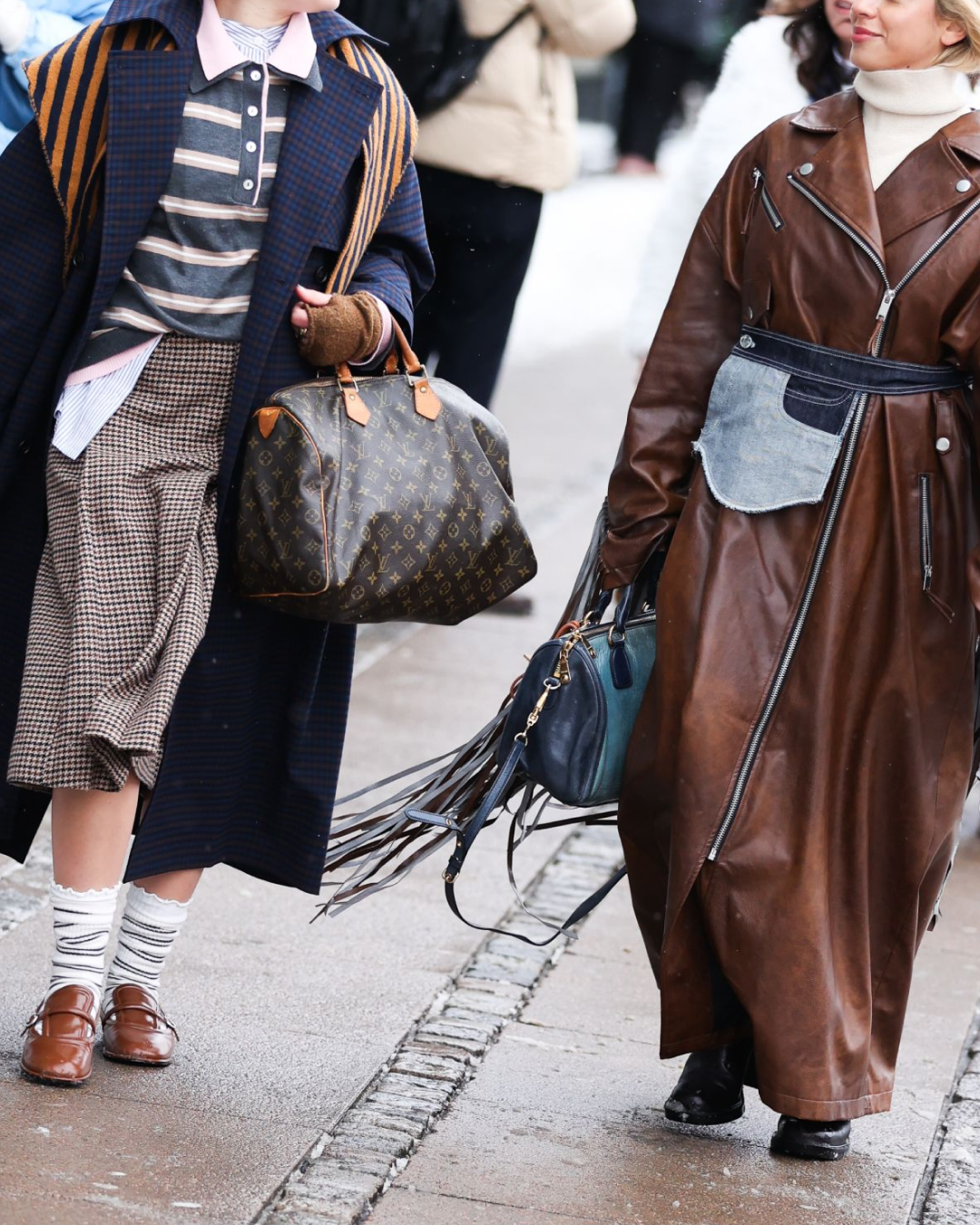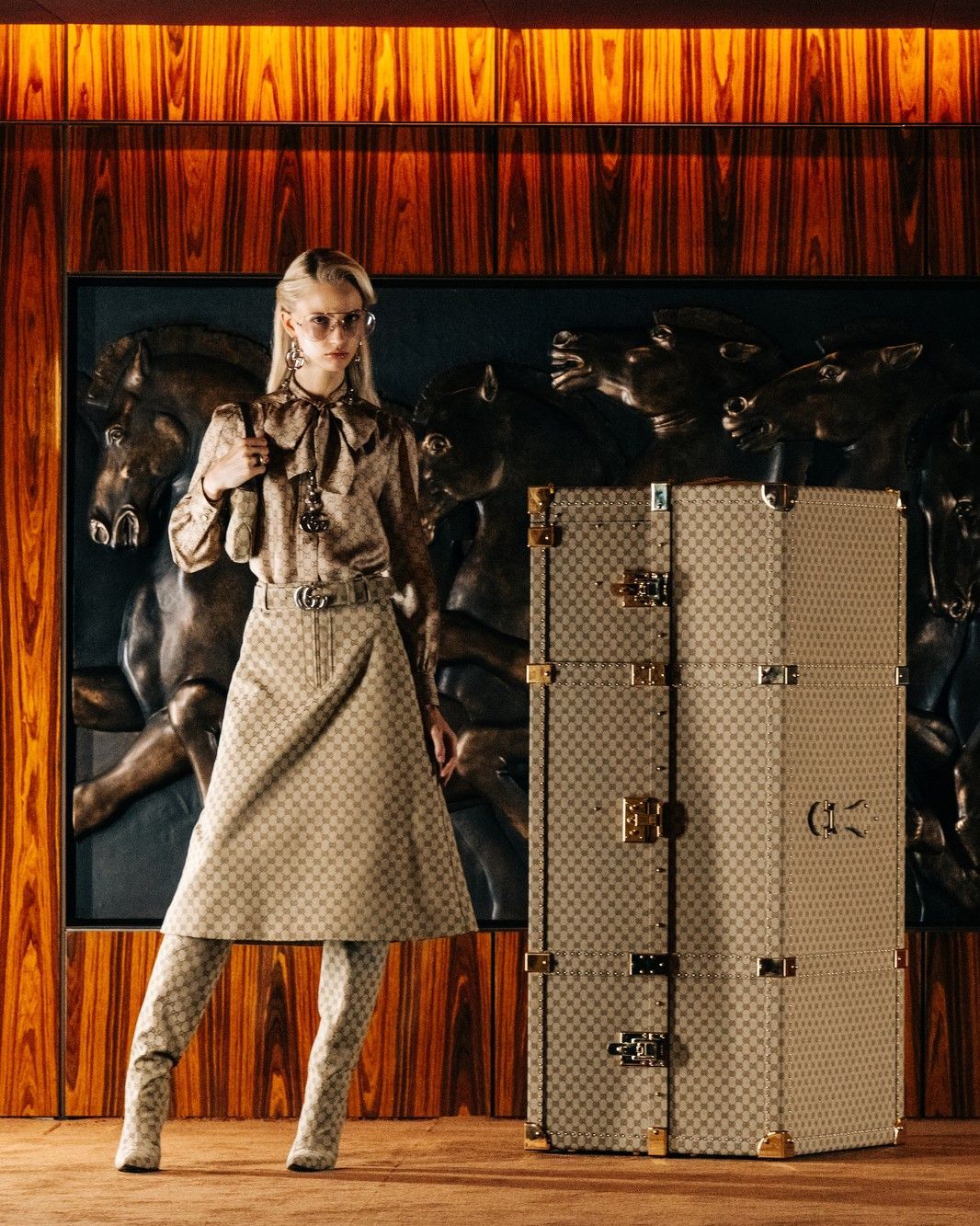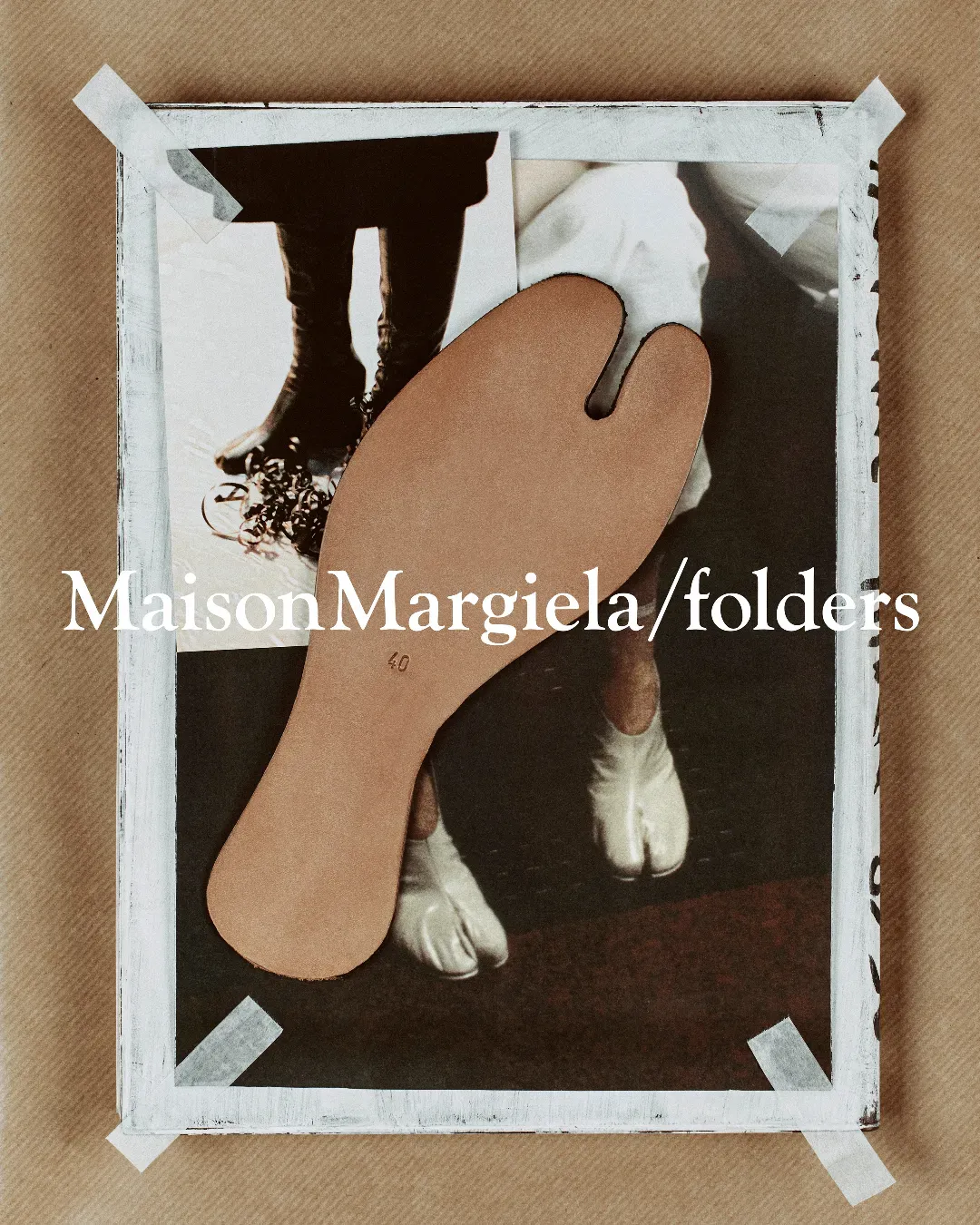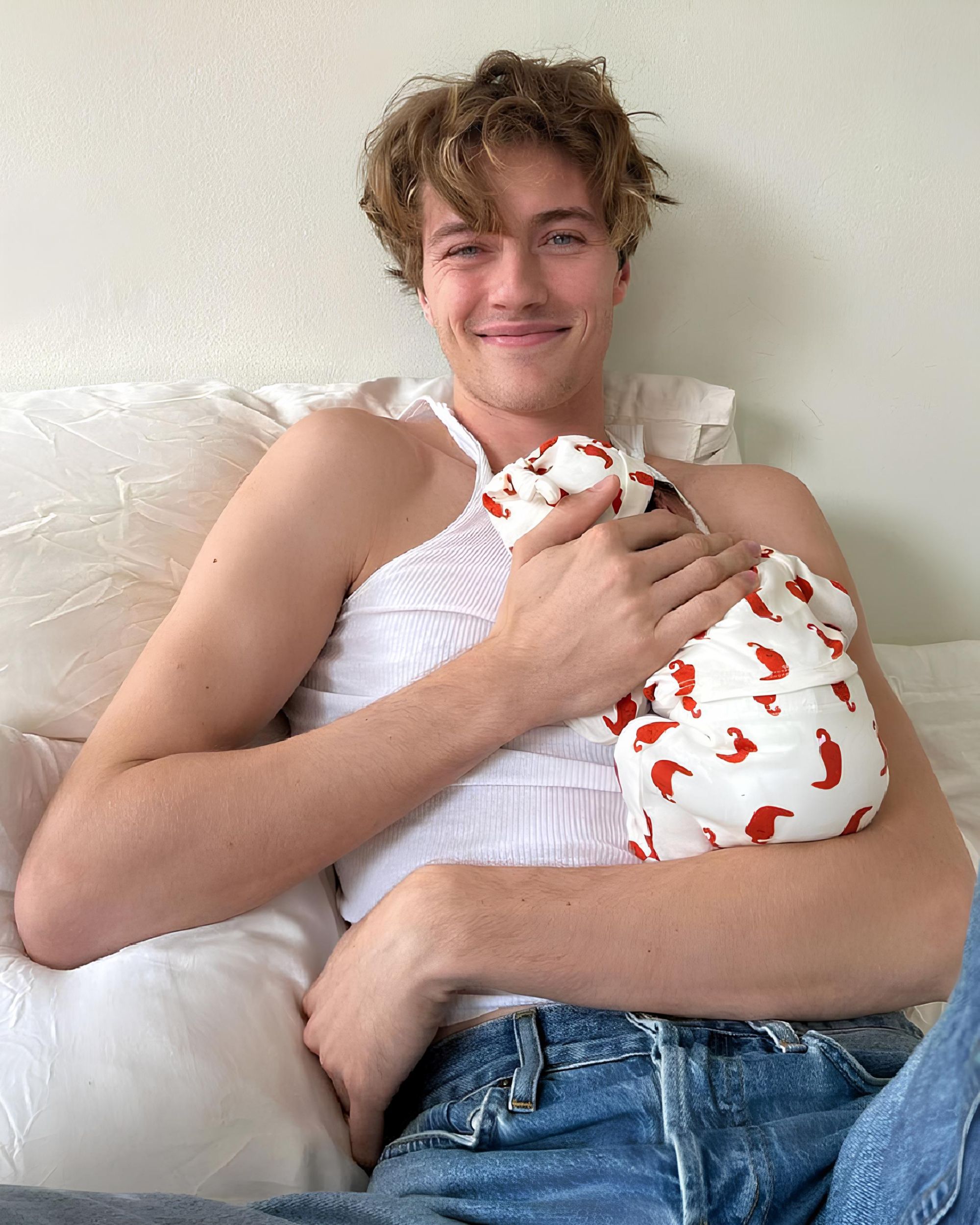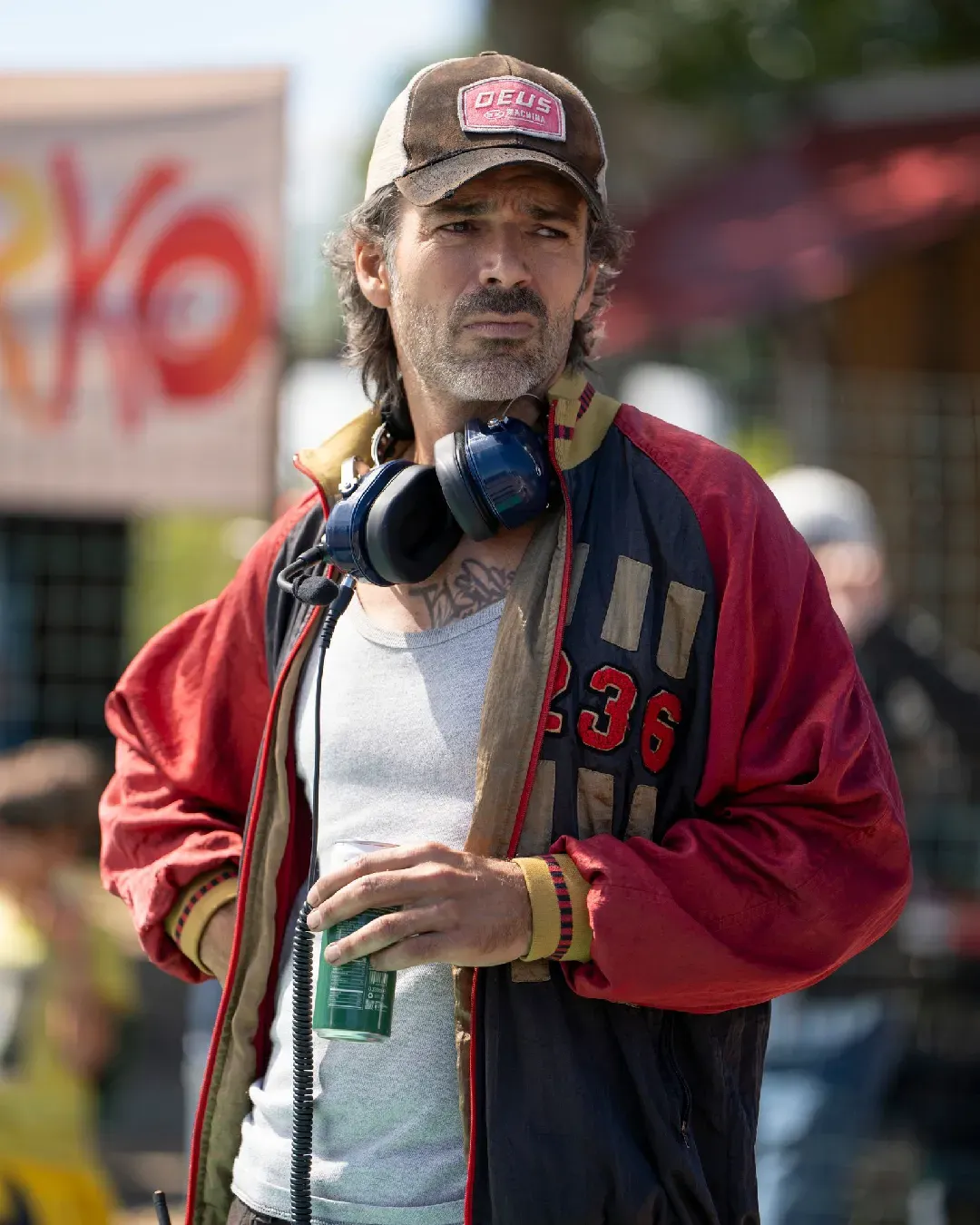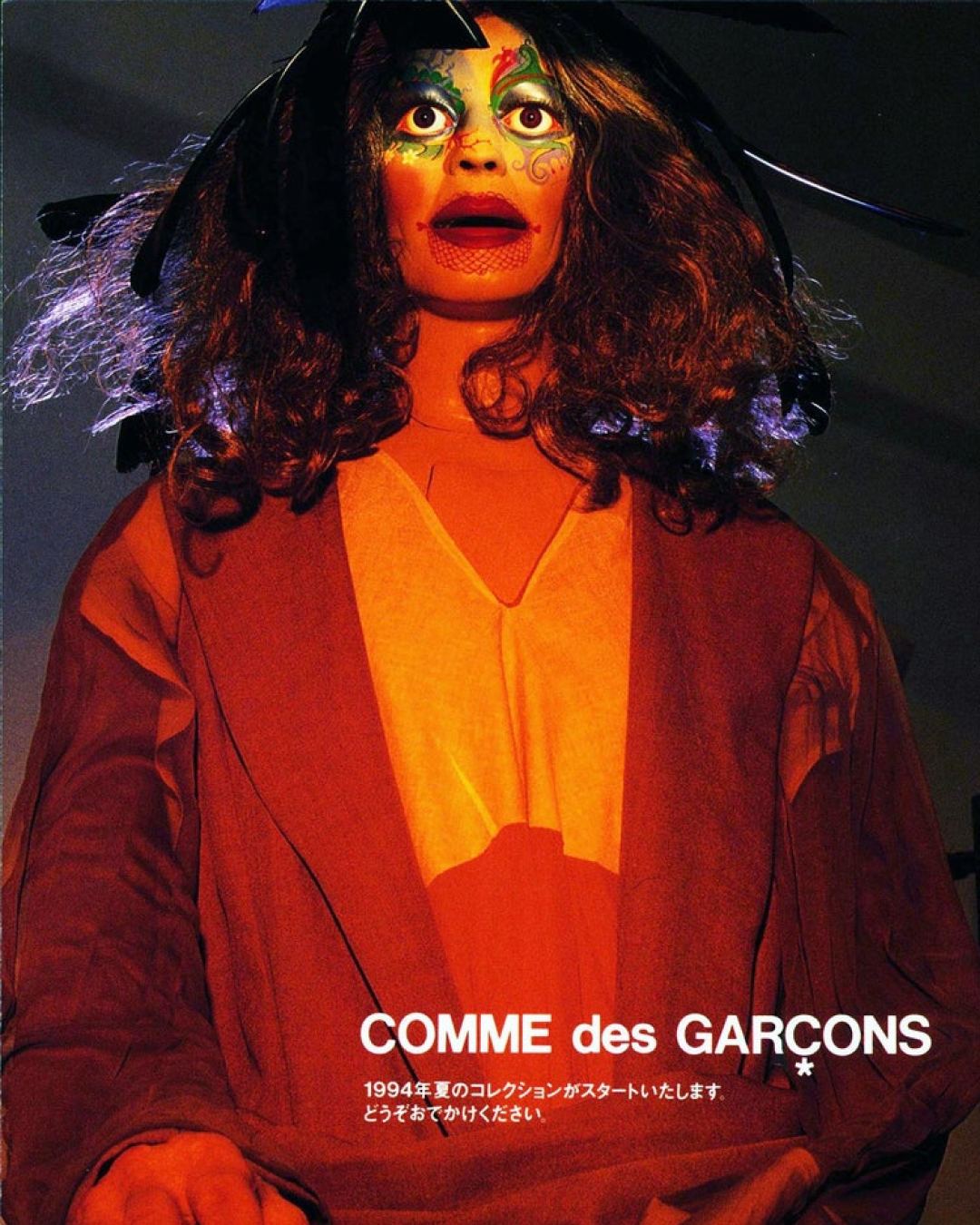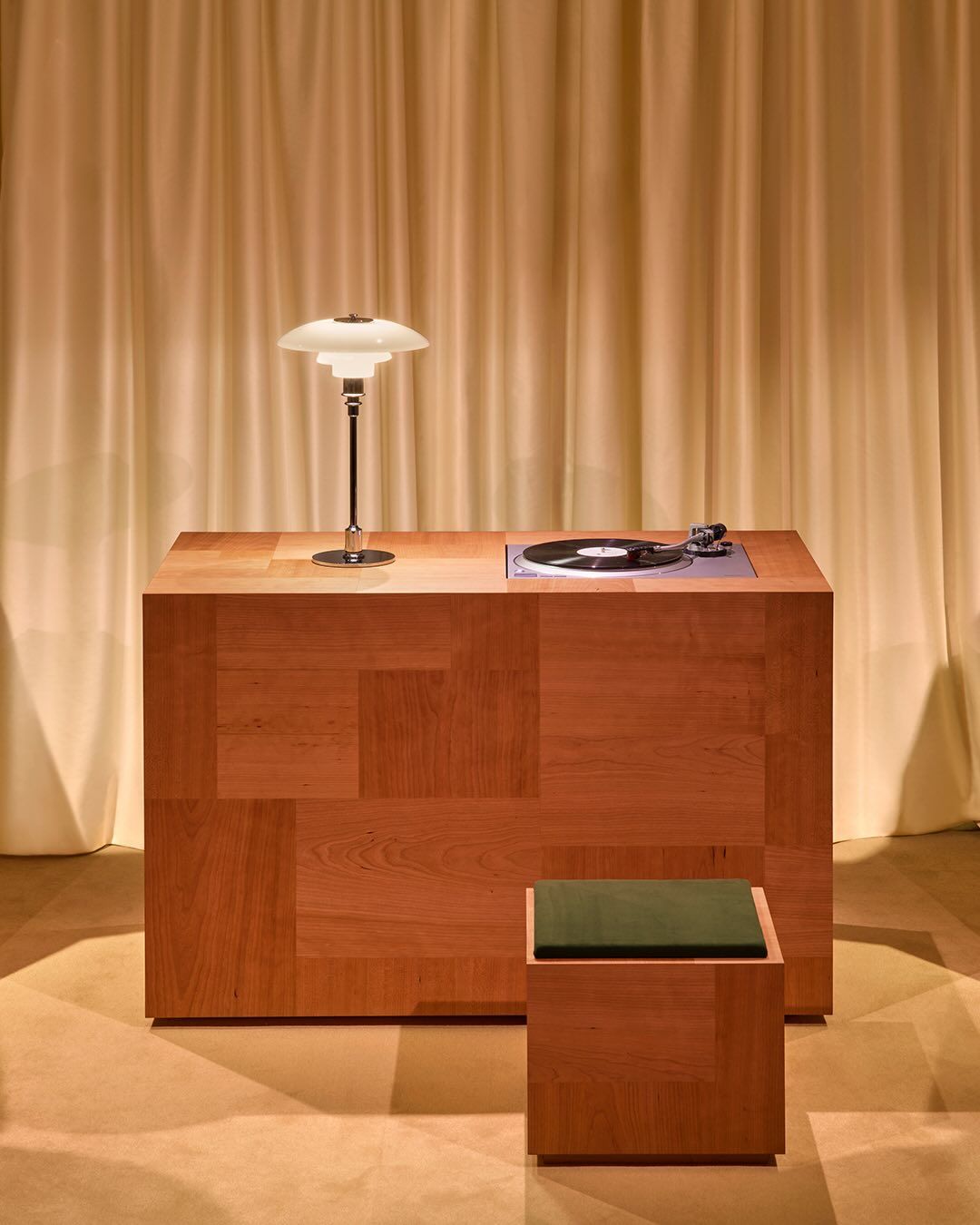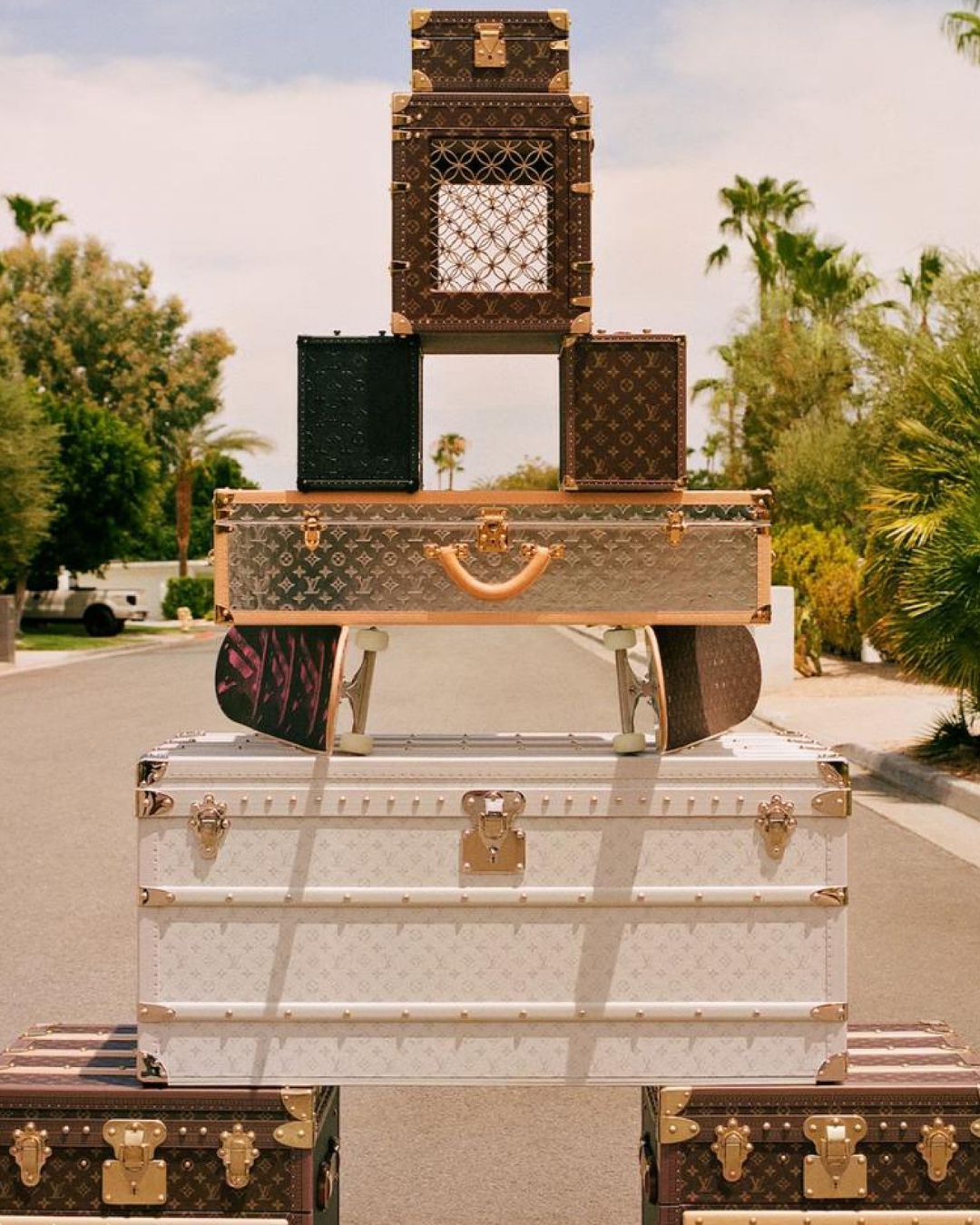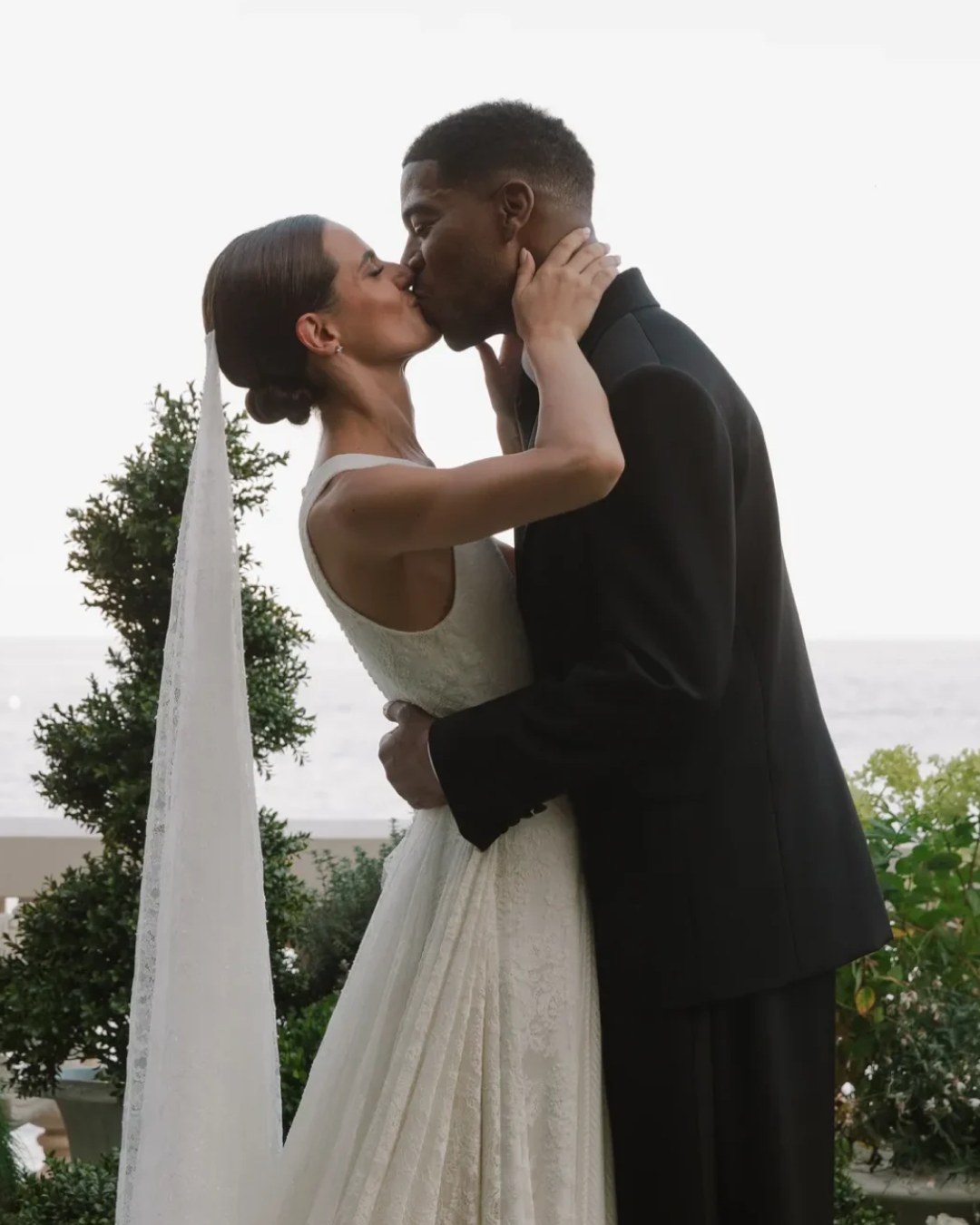
Virgil Abloh and the way we work "My iPhone is my office"
"My iPhone is my office. As long as my phone has battery power, I can continue to work and produce whatever I want and need."
Virgil Abloh responded to a question from Esquire about his creative process in this way: for Abloh, the iPhone had completely replaced the world of hand sketched skecths, a fad that the creative industry as a whole continued to indulge in. But that's not all: the iPhone (and the Internet) had destroyed those boundaries of "office life" that we would come to know as illusory during the Covid-19 pandemic. You could work anywhere, you could work all the time. As long as your passion coincided viscerally with your work and your mission. Jonathan Cheung, head of design at Levi's, after working with Abloh on the collaboration between the historic American denim brand and Off-White™, had said "He has a very modern way of approaching design. You don't get a lot of fashion sketches from him. He always comes in with so many ideas, which are often just words. Sometimes he writes them down on a piece of paper or sends them to you on iMessage or Instagram DMs. Then he goes on stage and improvises." It's a narrative that might seem counter to Abloh's academic training as an architect or when Kanye crowned him as the architect of his thoughts because "after all, he's an architect, right?"
Virgil Abloh has represented the epitome of the modern creative in many ways: the graffiti inspiration brought to Paris, the academic studies, the beginning as personal creative director of a rapper are all aspects that have helped to define his figure. In the Behind The Scenes of his fashion shows he was seen skateboarding, in his free moments Milan saw him behind the console, where, moreover, his creative path began with Been Trill. And we also know Virgil Abloh's way of working: he liked tumblr, he was in love with moodboards and references, the same ones that often got him into trouble. Not a collection passed in recent years that someone did not accuse him of plagiarism. There wasn't a time, however, that the public didn't learn how to dismantle those accusations in a mathematical way. Virgil Abloh's was celebrated for the substance, method, and even the deep cultural significance of everything he had promoted, as a dominant African-American in a white, European, jaded industry. But what if, instead, Virgil Abloh had primarily changed an entire industry's idea of work? A search of the words "Virgil Abloh" and "workaholic" on Google will produce such a large amount of results that it is impossible to suggest any sort of healthy relationship between the two. Those words, after all, he'd also used when, in a 2019 interview with Vogue, he talked about slowing down: "I'm in this sort of midlife phase where I'm thinking about becoming more of a couch static content guy. As a workaholic, that's the central conundrum: I'm achieving all these goals but I'm also starting to think that maybe I shouldn't be traveling so much, I shouldn't be doing so many projects and spending more time at home with the kids. Now that I can figure out the trajectory maybe, who knows, I might become more boring?" Virgil had then slowed down - like everyone else - to pandemic - contemplating within his "death of streetwear" phase a sort of slow-life that no one could see congenial to him. Until a week before his death Virgil Abloh had played around, prepared shows and held lectures.
Very often the concept of "work ethic" is transformed into something perverse, scenarios - transferred to the world of fashion - à la Holston in which one imagines long nights spent inside ateliers in search of the perfect fit. Reality, as often happens, is more boring than that, as is the concept of work ethic as it has always been handed down. For an entire generation of people, of creatives, Virgil Abloh has not only been a gatekeeper, he has not offered representation, he has represented an alternative. An alternative way of doing things, a different way of conceiving work, of showing himself to his wealthy parents who had always supported him, but for whom it was still very important that Virgil had an education. For a whole generation of people who didn't know how to define their work, Virgil Abloh was the confirmation that that confusion was acceptable, sometimes maybe even necessary to succeed in a time when the boundaries between digital and real no longer exist, let alone those between lifestyle sectors. Virgil Abloh has taught an entire generation of aspiring creatives that not being able to define one's work is not always a bad thing, perhaps it never was. An architect dragging streetwear to Paris, on the other hand, is a living manifesto of the fact that there is always another way of doing things. There is always an alternative way, a different vision, it's that talent is fundamental, but passion is irreplaceable.
If an entire generation of aspiring creatives can't define the work they do, it's also a little bit because of Virgil Abloh. If this job they can't explain to their parents they like so much, it's also a little bit thanks to him. If the iPhone has become the largest co-working space in the world is also to try to become like him. All this aspiration comes at a price, of course: the blinding rise of Virgil Abloh made that entire generation of creatives believe that it could be easy to replicate success. "How many t-shirts and hoodies can we have in our closet?" thundered Virgil Abloh in the famous Dazed interview in which he promised the end of streetwear. How many Caravaggios, how many tags, how many stripes, how many quotes would the market be ready to accept? The greatest inspiration Virgil could have left to the world he had shaped was not visible after all. It didn't fit on a moodboard and maybe not even on an iPhone. Virgil Abloh died on November 28, but if nothing else he taught a generation that desperately needed him a different way of working and believing in their dreams.







